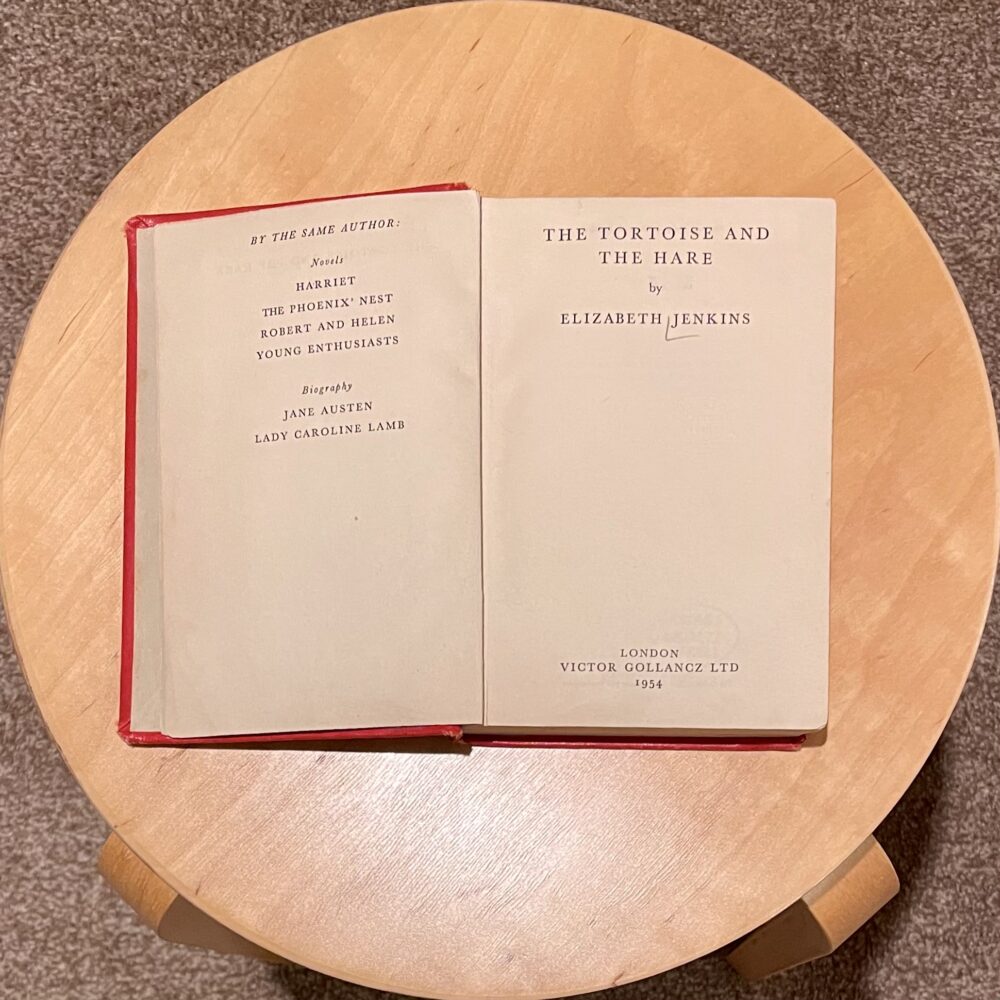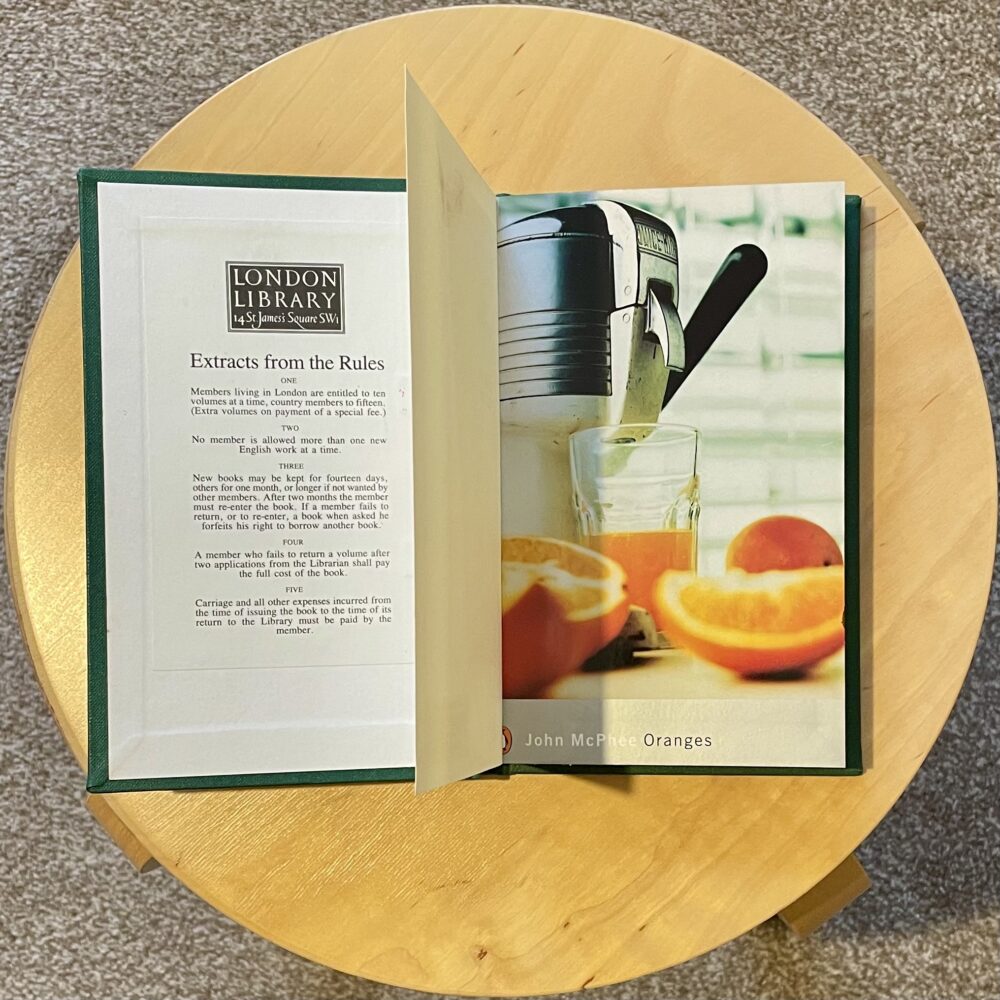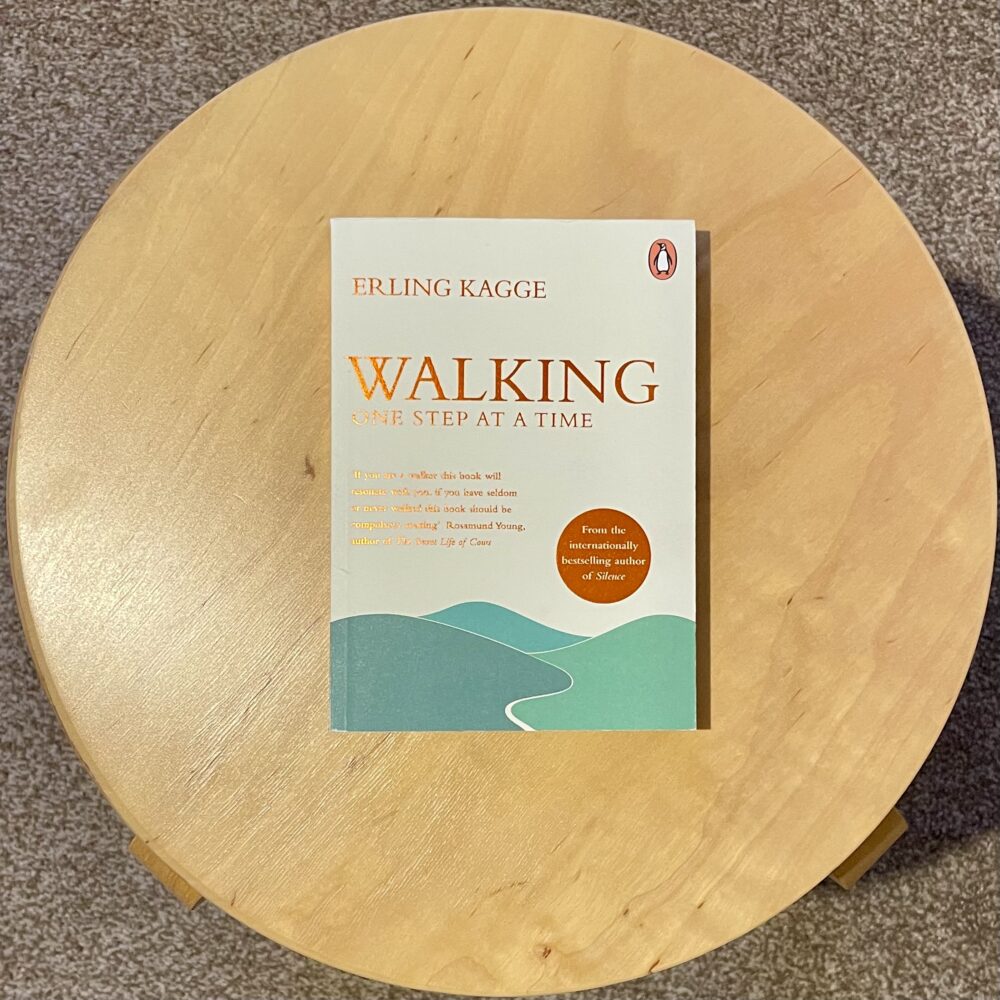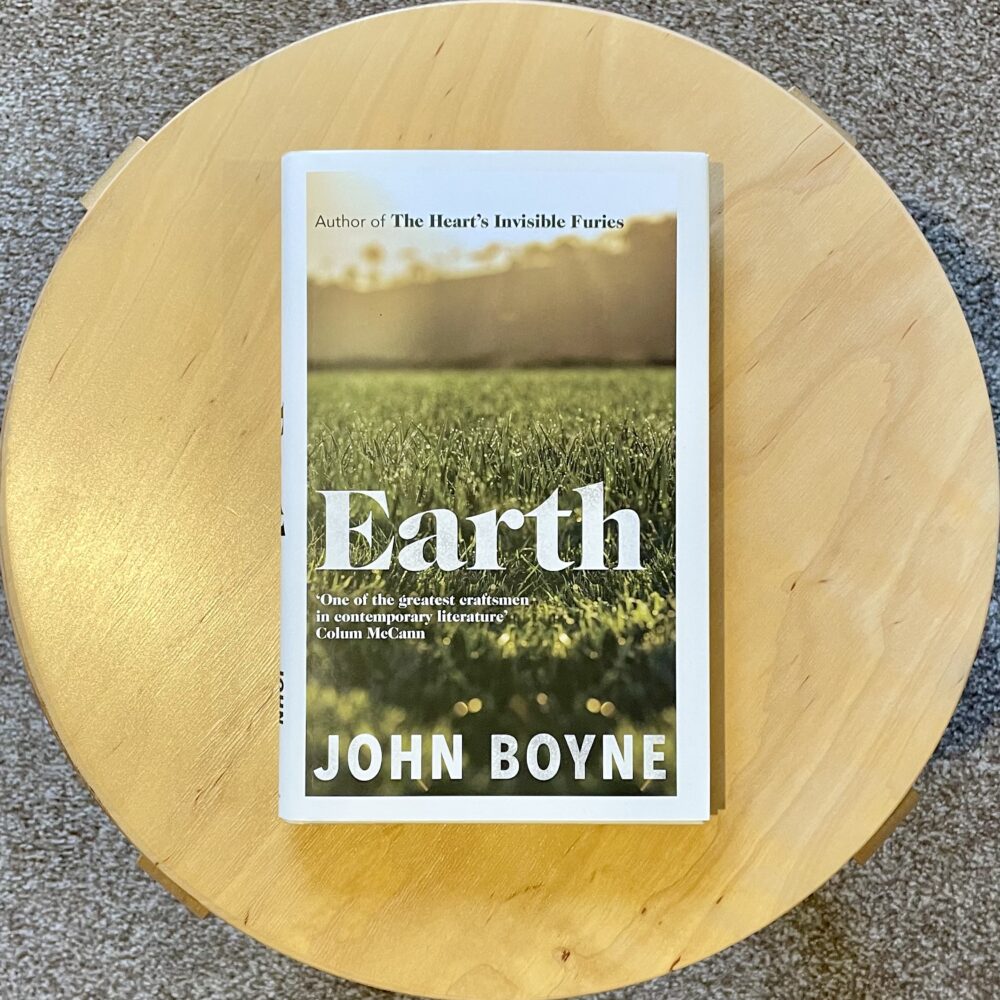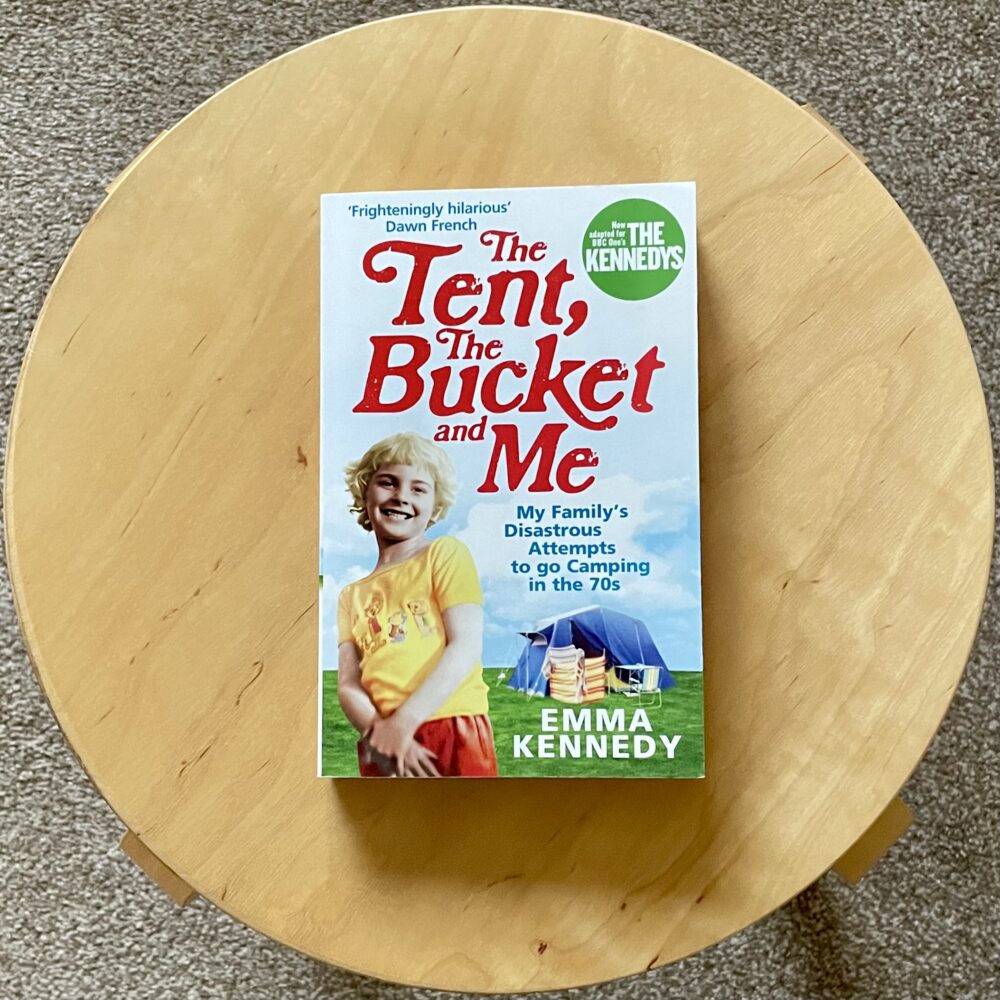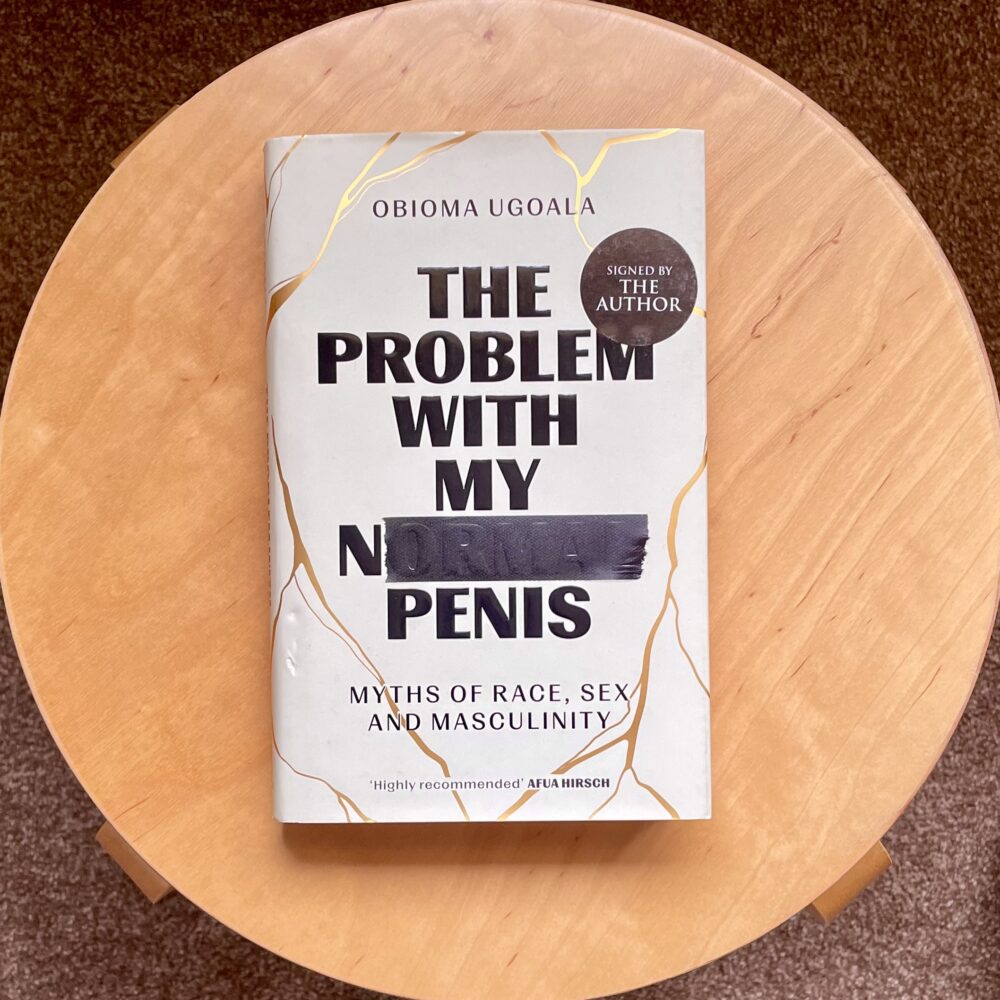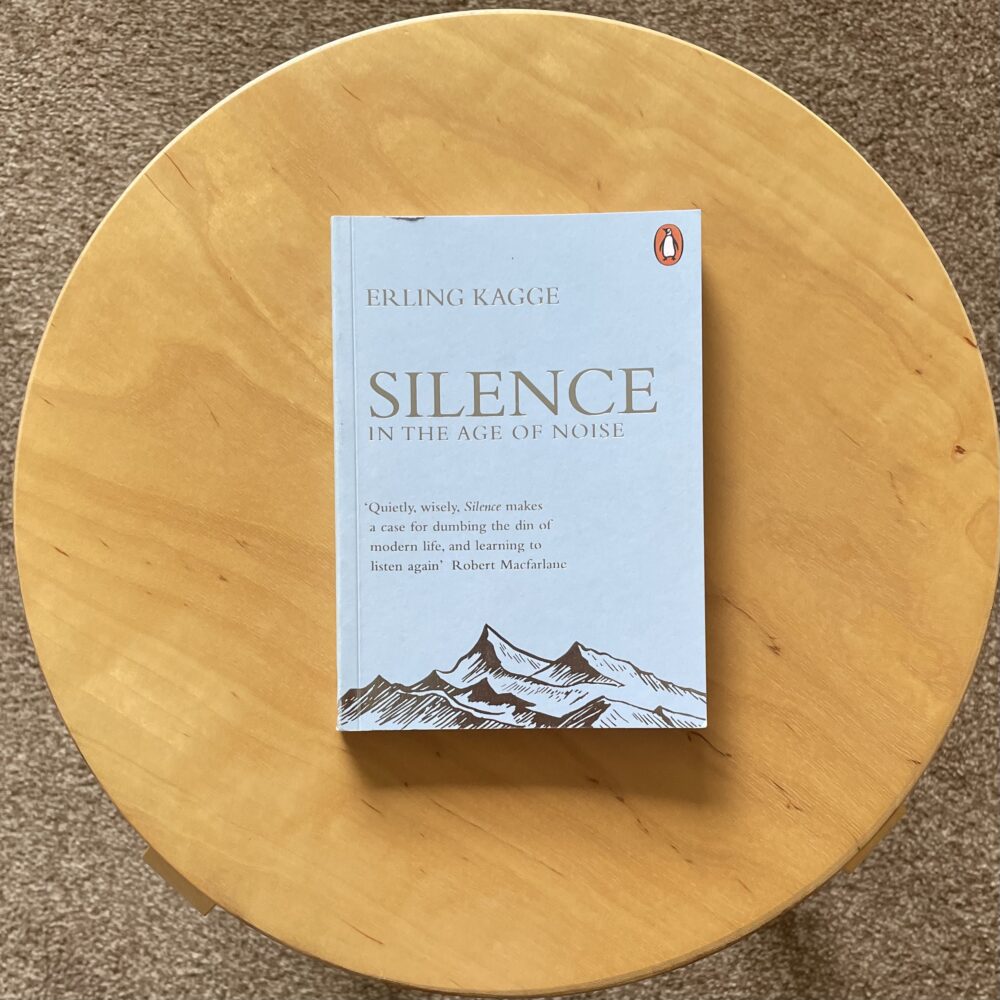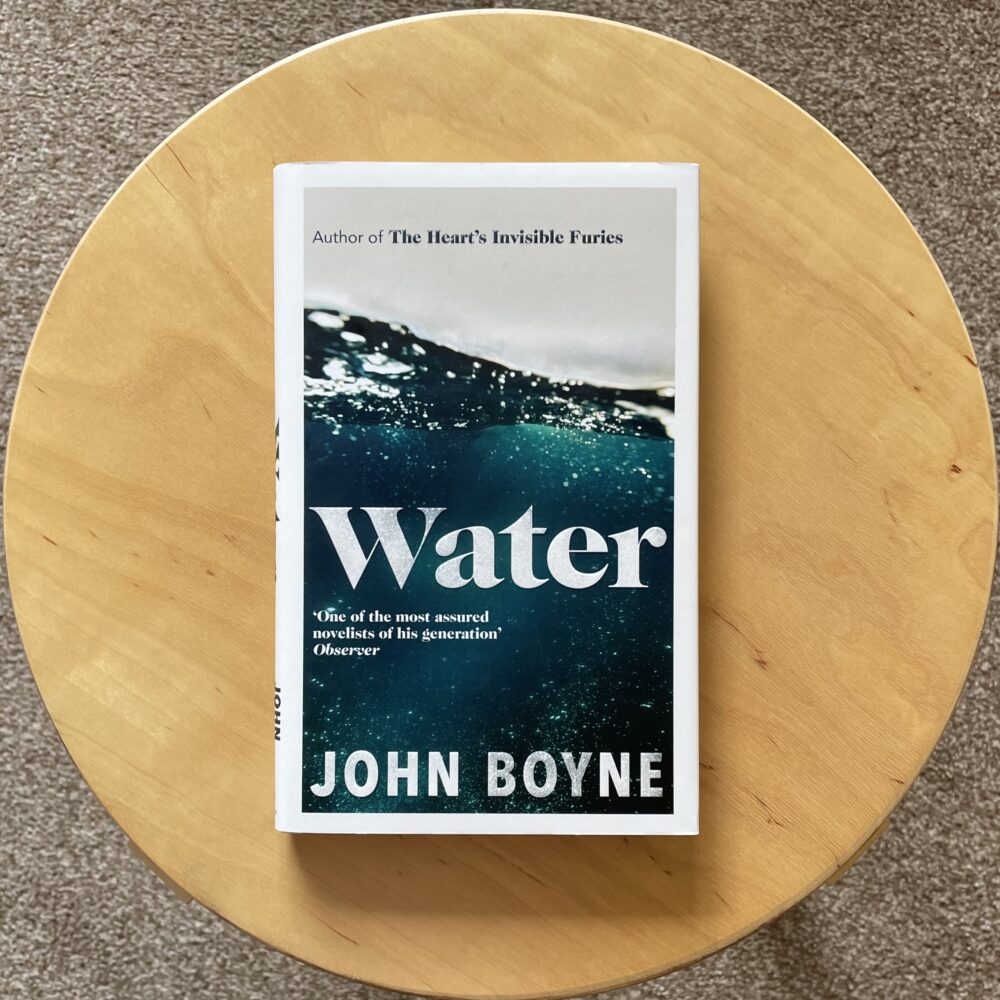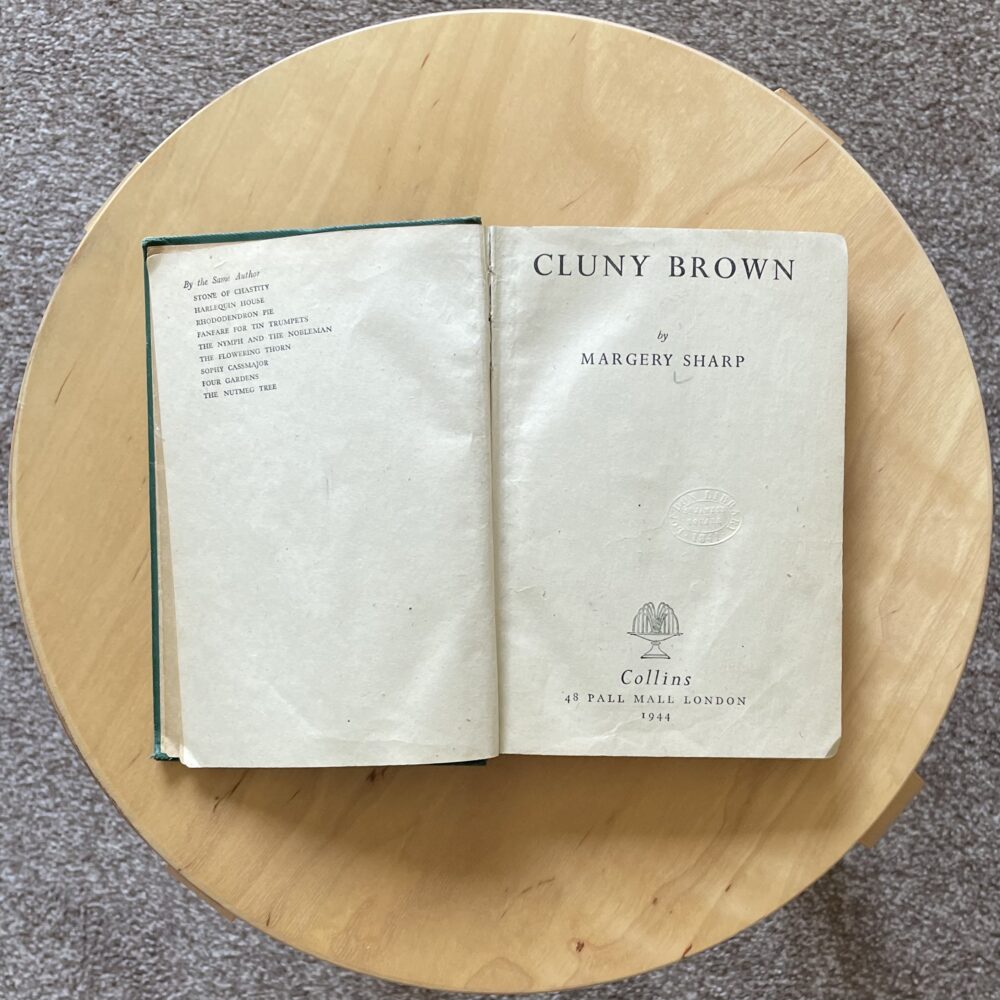‘Built’ by Roma Agrawal
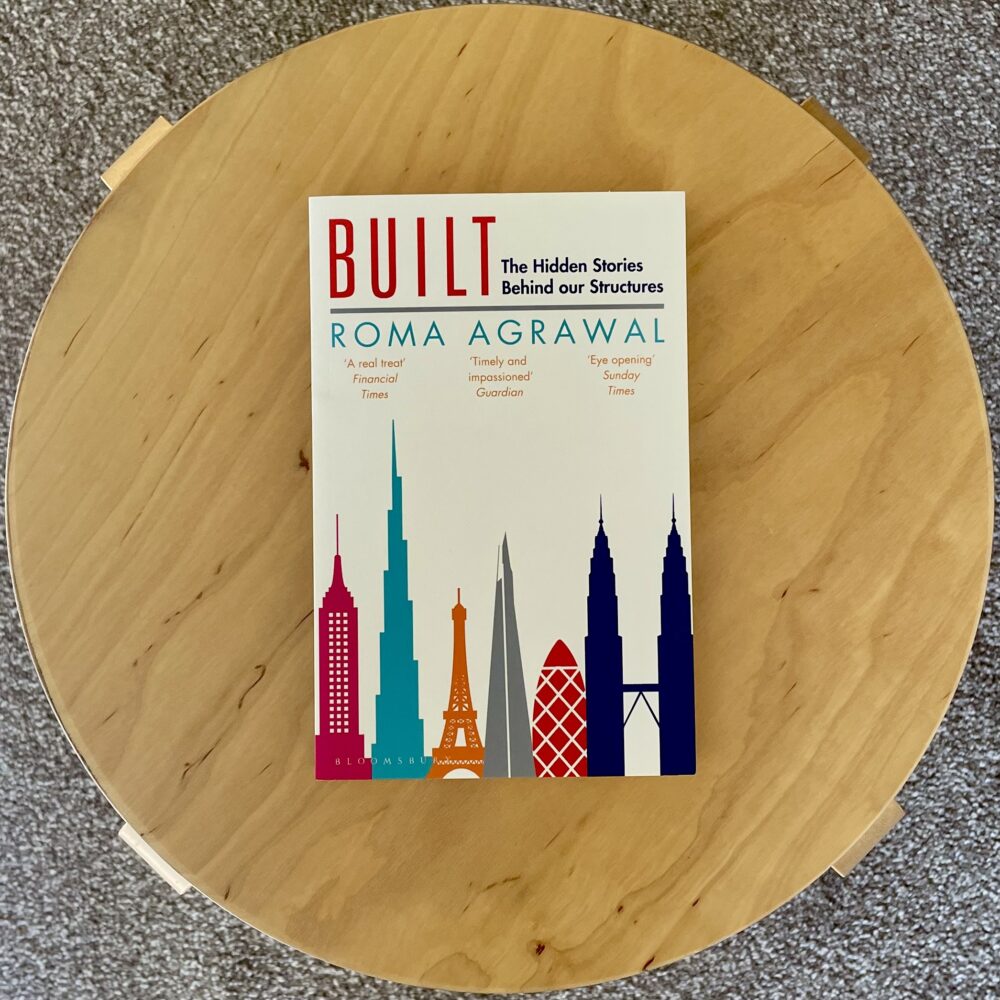
This book was a birthday present. Structural engineer Roma Agrawal, who has worked on huge buildings like The Shard, uses it to give an overview of her profession. I understand she has also presented programmes for the BBC, but this is the first time I have seen her work.
This book won me over very quickly. Agrawal’s first engineering project, and the first she discusses in the book, was a footbridge over Newcastle’s central motorway, which I traverse frequently. She writes with humour and humanity. I found her style engaging and endearing, and her passion for her topic shines through on every page.
Some reviews have described the book’s technical content as pitched at a high-school level, but most of it was new to me—maybe I’m just undereducated in the field!
I particularly enjoyed Agrawal’s discussion of engineering water supply and sanitation infrastructure in Singapore, which she used to illustrate how engineering will be important if we are to adapt to climate change. I also found her reflections on thriving as a woman in a heavily male-dominated profession insightful.
If I permit myself one gripe, it is that Agrawal’s contributions to the structures she discusses are not always clear. It would be easy to come away from this book with the assumption that the complete design of everything from the bridge to The Shard was Agrawal’s work alone, but that seems unlikely.
I wouldn’t necessarily expect a book about structural engineering to feel warm, but this one did: it was a really delightful read which kept me interested from the first page to the last.
This post was filed under: What I've Been Reading.
